This is a Content Corner guest article. Learn more here. This article was provided by Kristin Haney, Piccolo Marketing.
You are probably already very familiar with your market and your customers if you have been in business for any length of time. If you are a newer business owner or if you just feel you could be better, a foundational step to marketing is to gain that familiarity. Understanding the existing conditions in your niche market and knowing who your target customers might be are both vital pieces of knowledge you need before you can begin to build effective marketing strategies.
Here are six effective marketing strategies for your small business:
Social Media
Your small business needs to be very present on all the major social platforms, such as Twitter and Instagram. A huge percentage of people today spend hours on social media, interacting, playing, and shopping. Devote your marketing strategy energies here to build relationships, to find out what your customers want, like, and need, and to keep your products and services top-of-mind. Different demographics favor different platforms; remember how we just talked about getting to know your target customer as well as you can before you start building your marketing strategy? Well, this is where that knowledge comes in handy!
Google My Business
Your business listing will receive promotions on Google My Business. This platform is an effective marketing medium for businesses that target local markets; your listing appears at the top of the search page and ahead of the search results.
This platform combines all the other Google marketing tools, which include Google Analytics, Google Reviews, Google Maps, and more. This alone ensures that potential customers will have many more opportunities to see your business name, and you won’t have to work at ranking your listings. All that is required from you is that you optimize your profile and gather reviews for your business to add.
Content Marketing
Content marketing is a strategy that brings you a sustainable growth of visitors and customers to your business. Relevant content showcasing your business values and how your business resolves problems your customers face through the use of your products and services is distributed across your channels. Keep in mind that your content must be optimized for readers and SEO (Search Engine Optimization).
Videos, online courses, podcasts, infographics, and other forms of content can be brought into play to broadcast your content – content marketing is not just about the written word and the distribution of those posts.
Facebook Ads
Using Facebook Ads is another effective strategy that you can use when marketing your small business. It is an inexpensive option that will allow you to reach virtually any audience.
Your Facebook Ads can target a very specific set of consumers based on location, online behavior, age, or any other set of filters that you designate, making it extremely effective. What’s even better is that users do not need to be highly-experienced marketing masters; create a catchy headline, add some descriptive wording, plug in an image and a link, and you have just created an ad that will capture the attention of your audience.
Facebook Ads Manager guides you in creating and running ad tests so that you can determine which ad formula is most effective.
Partnerships
Small business owners can collaborate with other ventures too. Reach out to a business whose organization’s offerings complement yours naturally, such as a coffee shop working with a bakery, or a day spa working with an artisan soap-and-fragrance manufacturer.
Using this strategy will help both you and your business partner to benefit from attracting new customers and possibly solidifying ongoing consumer relationships. If this project works well, it can be an ongoing project that will be very valuable to all involved.
Email Marketing
Business owners have been marketing by email for many years; it is a tried-and-true method to advertise your products and services. Email has come a long way, though, and many of the email platforms you can use, such as MailChimp, provide training, templates, and analytics that make your job so much easier. You will have access to guidance that will help walk you through any of the processes you want to use and then help you to measure your successes. Many of these services are free, with paid tiers that provide you with more specific services and tools.
As a low-cost strategy for the budget-conscious small business owner, you can’t do much better than making email one of your most effective marketing strategies for your small business!
